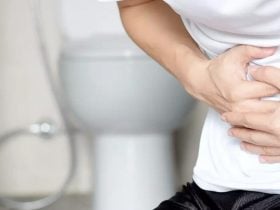How to treat swollen lymph nodes

Drinking plenty of fluids will help reduce symptoms that an infection may cause.
Lymph node swelling will usually disappear once the infection clears. The swelling may also go away when the person takes prescribed medications, such as antibiotics or antivirals.
Doctors may prescribe anti-inflammatory medication if a person has tissue swelling. If an underlying medical condition is responsible for the lymph node swelling, treating this condition should reduce the swelling.
Common home remedies to improve the symptoms of swollen lymph nodes are:
- taking over-the-counter pain medicines, such as acetaminophen or ibuprofen
- applying a warm wet compress to the affected area
- drinking plenty of fluids, such as water and fresh juices
- resting to help the body recover from the illness
Conclusion
Swollen lymph nodes are generally a symptom of another condition, such as an infection. In most cases, they leave on their own within several weeks. You should visit a doctor if it occurs longer than 3 weeks or comes with other symptoms such as abdominal pain, night sweats, or high fever.
References
[1] https://www.nhs.uk/conditions/tonsillitis/
[2] https://www.cdc.gov/tb/topic/basics/default.htm
[3] https://www.plannedparenthood.org/learn/stds-hiv-safer-sex/herpes
[4] https://kidshealth.org/en/parents/toxoplasmosis.html
[5] https://www.mayoclinic.org/diseases-conditions/lymphoma/symptoms-causes/syc-20352638
[6] https://www.webmd.com/skin-problems-and-treatments/shingles/shingles-skin













